How Chofu Sees Us
October 10, 2018
Since the first days of the Chofu campus, thousands of ASIJ students have traversed the streets of Chofu on their way to school. As Japanese culture meets international cultures, one might wonder how ASIJ students are perceived by the local community. Though we see the other, we often forget how the other sees us. Five individuals encountered on the ten-minute stretch from Tama Station to ASIJ shared their perspectives.
Nodawa-san has been supervising Tama Station since April 2018. “I have a very positive impression of [ASIJ] students. They all seem very happy. They make the station lively, in a good way,” said the station master. Acknowledging the cultural differences, he concluded that “if both sides could understand each other’s culture, it would be good.”
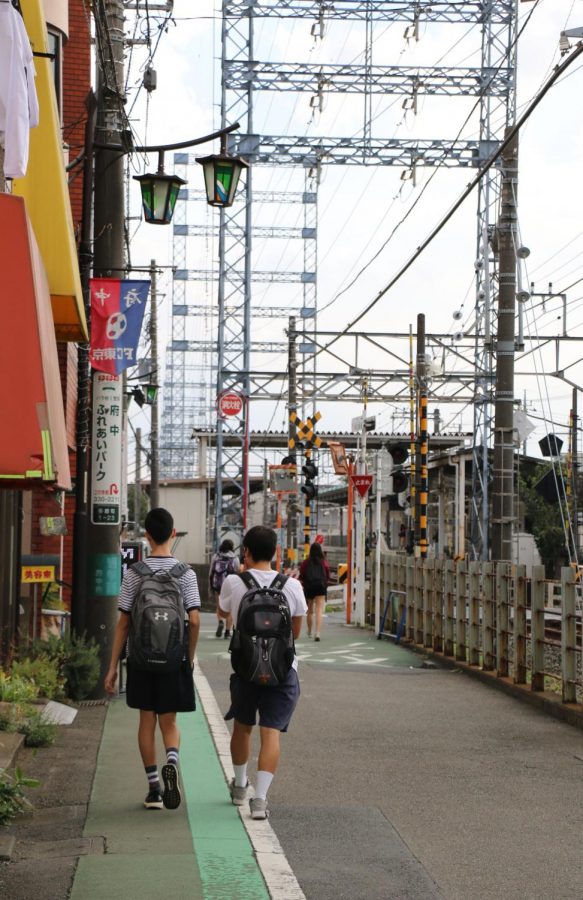
This awareness of cultural differences also stood out a bit further down the road, at Musashi Elementary School. Surprisingly, what one administration officer found most noteworthy was ASIJ students’ lack of use of umbrellas, even when it rained. “[Being around ASIJ] gives us an idea of what students are like in America or other parts of the world,” said one of the school’s English teachers.
Having attended Musashi Elementary when he was younger, this English teacher observed that “students of ASIJ have changed quite a bit. They used to leave their trash everywhere, lightly bully the students of Musashi Elementary School, and there used to be quite a lot of couples that would have PDA. This used to be my impression of America, and I always thought, ‘Wow, America is wild.’ Nowadays, the students of ASIJ are much more respectful, polite, and mature.”
As we arrived at ASIJ and were joyfully greeted by the security guards, we asked for their opinions on the behavior of students. One commented, “Everyone here is very friendly. It feels more connected, more of a community than what you normally feel at a Japanese school. The students always say ‘good morning’ and ‘hello.’ It’s very nice. It really makes me happy when they say hello to us.”
Able to see with his own eyes the cultural blend that is ASIJ, the guard stated that “In Japan, very often you get the feel of an ‘older’ society, so in an environment like ASIJ seeing the mix of two cultures really brings a sense of a new generation, a new culture that is emerging.”
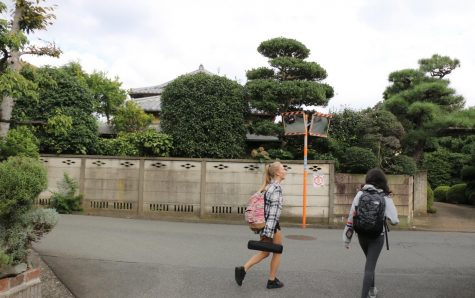
As ASIJ implements its new core values of character, compassion, and courage, let it be our goal to continue understanding and interacting with all cultures. As Mahatma Gandhi put it so beautifully, “Our ability to reach unity in diversity will be the beauty and the test of our civilization.”
Translation help provided by Misaki Inoue, Kokoro Igawa, and Karen Fukuda.

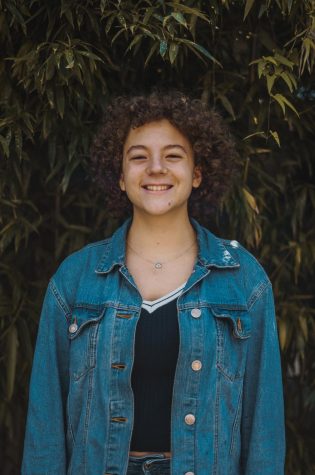







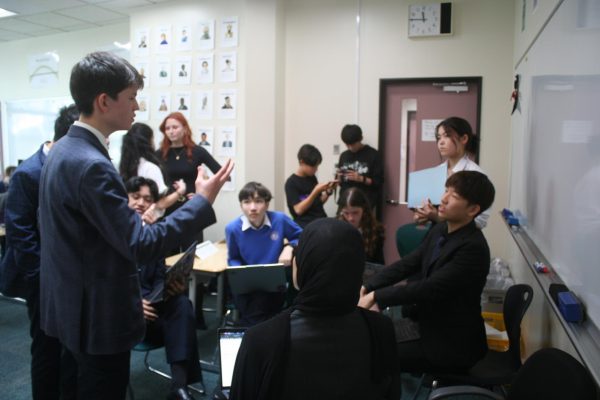


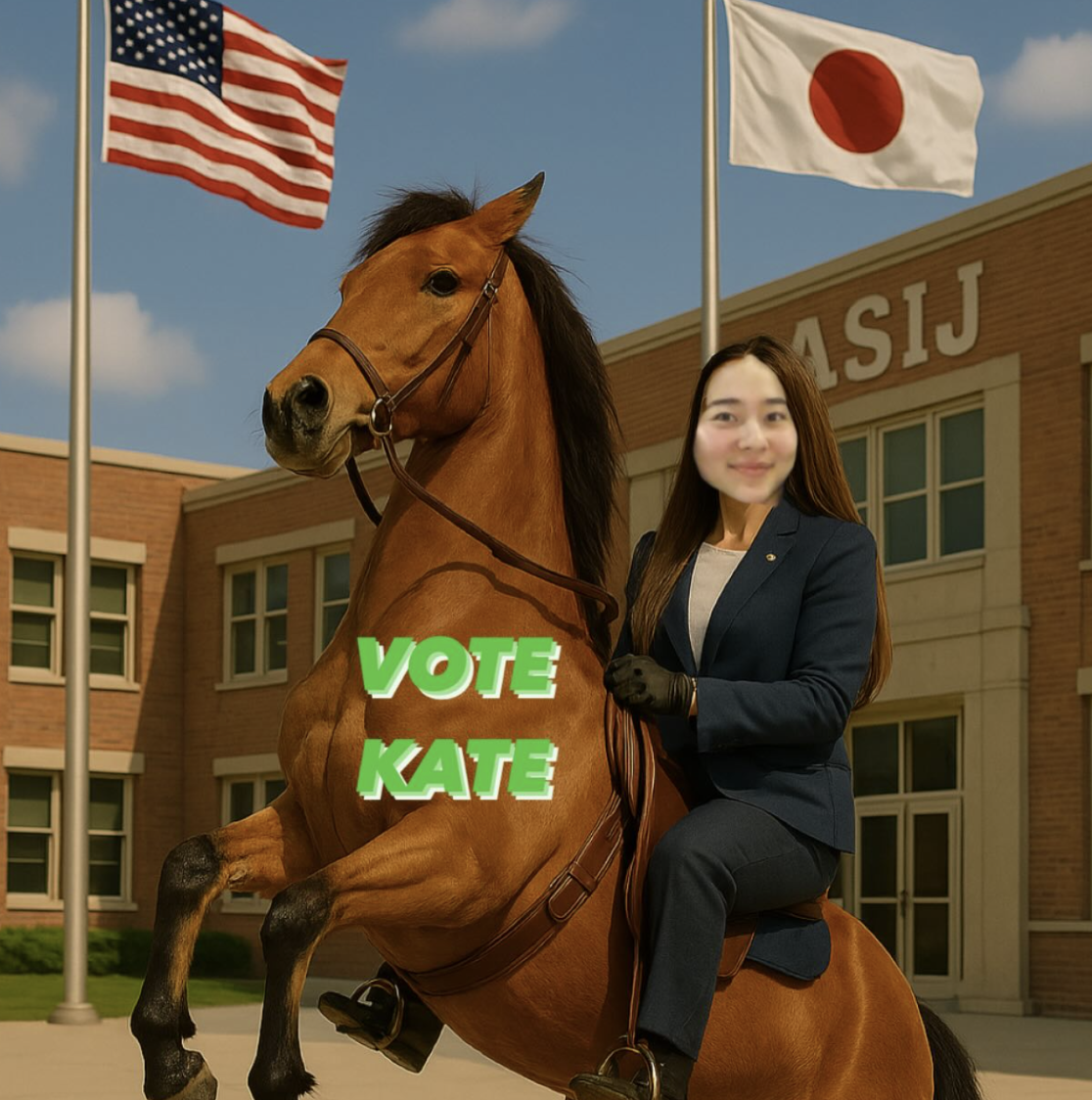
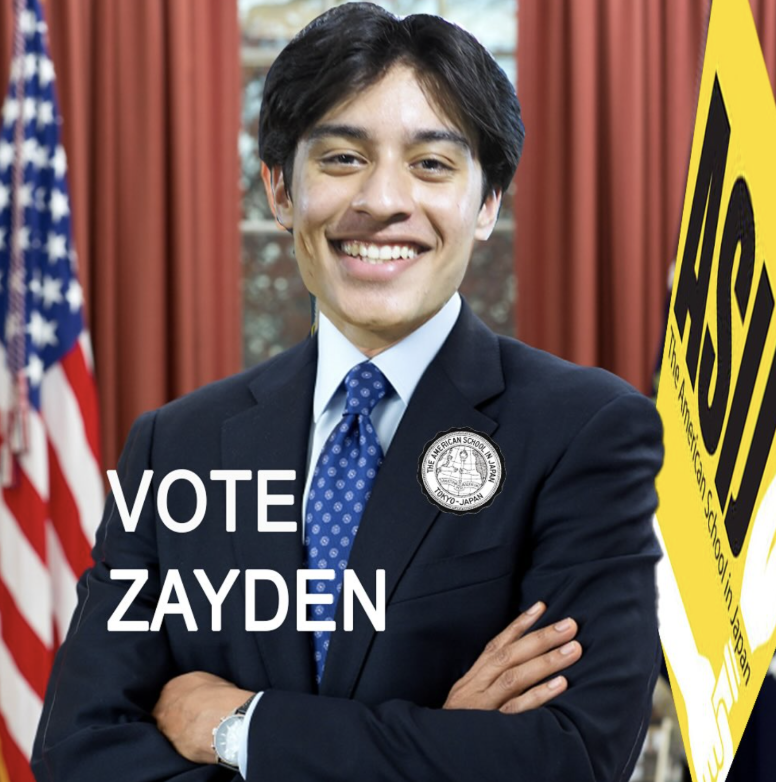
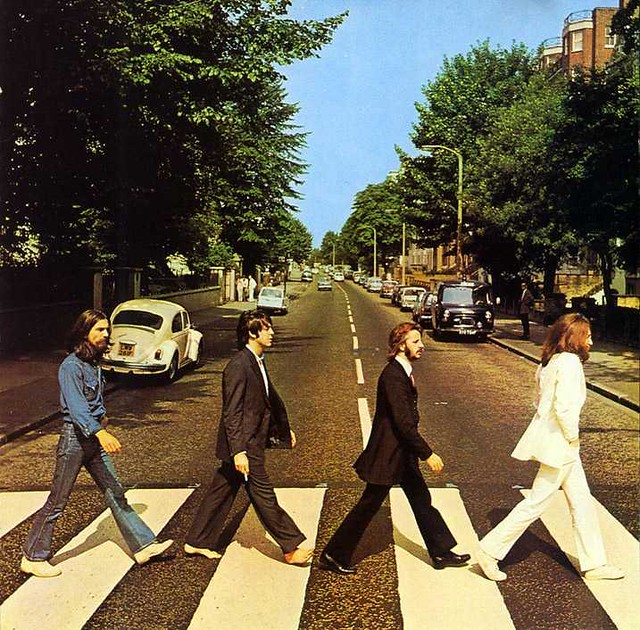

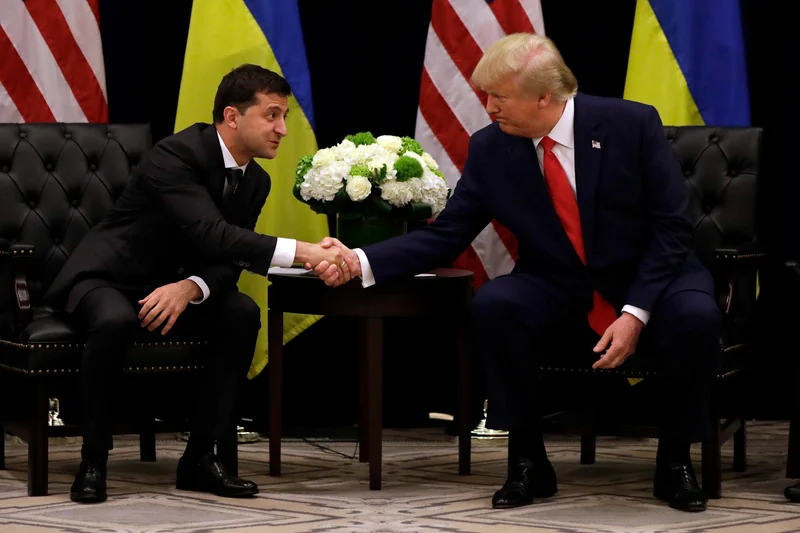



Roan Benner • Jun 1, 2023 at 2:48 PM
I really thought this article was interesting because I wonder what others think of us students too. The variety of people interviewed in this article really helps us understand the different viewpoints and gives this article meaning. I was also surprised by this answer because I though that the Japanese culture is not usually accepting of how we act and socialize but it seems like the opposite. Great article!!!
Akemi H • Mar 22, 2019 at 2:53 PM
Found this article to be very interesting!
I thought that we would be louder and inconsiderate as it stated in the article, but I’m pleasantly surprised to hear that we weren’t as rude as I thought we were original. It was great to hear that people in the school would say hello to the people not involved to the school whatsoever, as those actions, while small, do matter.
Conner Takehana • Mar 22, 2019 at 2:53 PM
I have never deeply thought about what others think of our school. This was a very good article.
Ayesha • Mar 22, 2019 at 10:41 AM
This was really interesting
Kay • Mar 22, 2019 at 9:07 AM
This is really interesting because I never knew what the community around us thought about ASIJ students. Thank you for this article!
Nicolas Redl • Mar 22, 2019 at 9:02 AM
This was a very interesting article and the information on here was new to me.
Warren Lavender • Nov 12, 2018 at 9:00 PM
12 year at ASIJ and I never knew most of this. Thank you so much for this article.
Bryan Wilkinson • Oct 15, 2018 at 1:04 PM
Who needs an umbrella? A little rain never hurt anyone. Awesome article Marine!
Carrie Bennett • Oct 13, 2018 at 5:30 PM
Thank you for this very interesting article. My heart was warmed to know that our community thinks fondly of our student body. I would love to see more projects that bring our local community and school closer together. Shared understanding builds compassion.
Takumi • Oct 12, 2018 at 12:16 PM
As a train rider to school, it was interesting to know what the people I see every day thinks of us.